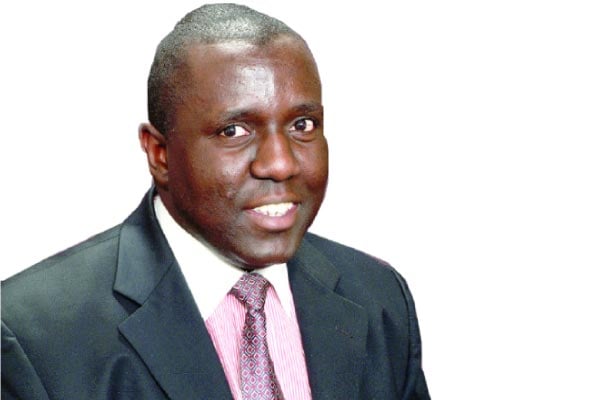Climate hell, fiscal cliff, other expressions dominate at the end of 2022
UN Secretary General Antonio Guterres read the final epitaph of COP27, the Sharm el-Sheikh conference on climate change, saying climate describes the world coming to terms with the reality of the crisis climate, natural disasters, extreme temperatures, floods that define everyday life as “climate hell”.
He had a lot to choose from in 2022. Pakistan, home to more than 225 million people, has seen deadly floods across the country, despite only contributing less than 1% to carbon emissions.
Australia, has wildfires. The Florida peninsula has seen numerous hurricanes land, leaving it one of the fastest growing states where retirees flee colder northern climes to warmer weather, losing all their life savings. Europe is preparing for a colder winter and tougher energy bills, only mitigated by the convergence of resources. Aid-dependent Africa is feeling the effects.
Late rains and high transport costs have increased food prices everywhere. A November 7 memo from Finance Minister Matia Kasaijja asks for 500 million euros on payday lenders’ terms.
The minister is asking for a 10-year instrument with a four-year grace period to finance the deficits of the 2022/2023 financial year.
The four-year grace period ends in 2026 if the loans are disbursed now. Any sound financial institution will insist on high loan insurance fees (which result in accommodation for third-party payments) and high coupon rates to protect against default. Mr. Kasaijja and the Treasury are simultaneously battling the payroll, pensions, arrears, Emyooga and parochial development model. URA does not meet their needs.
This fiscal cliff is everywhere, governments in power are exhausting any wiggle room that could potentially leave their successors bankrupt. In September 2022, the Minister of Finance declared an interest rate of 9.65% for savers of the NSSF, the country’s largest pension benefit entity.
The 9.65% was down from consistently reported double-digit returns. In its presentation, the NSSF said global financial markets recorded losses. In Uganda, there was a little icing on the cake, the late listing of MTN on the local stock exchange, 25 years after receiving their first license as a national operator. The NSSF chief executive struggled to explain why NSSF savers were getting 9.65% while his boss was issuing 17.5% interest yields on the 20-year bond.
The UK, after a brief period of financial calm between 2005 and 2015, finds itself struggling like many countries to cope with the costs of a generous Covid insurance package and the structural problems presented by an aging population. Prime Minister Liz Truss was quickly kicked out of Downing Street when she proposed more spending and tax cuts for the wealthy.
The fiscal cliff will have several political consequences. Outgoing governments leave empty treasuries. In Brazil, conservatives spent a record $30 billion ahead of their cliffhanger election that brought the socialists back to power. In Kenya, Jubilee-Azimio financed both a maize and fuel subsidy, also leaving its treasury empty.
The rest of Africa looks stunned as Ghana, one of its most successful democratic experiments, comes to the IMF for a bailout. Commodity price volatility is a big problem in economies that have failed to diversify by producing much wealth and poverty in equal measure. Ask Nigeria.
Coming back to servants, the average price of chapati, the most democratic foodstuff, has risen in bakeries in the city from Shs1,000 to Shs1,300 and from Shs1,000 to Shs1,500. My brother in law with great interests in a town miller, told me some stories in the middle of the year when he drove from Masaka to Kalangala with our son/nephew.
The UNBS was delaying approval of alternative foods like millet and cassava flour bread. At the time, the price of wheat flour was skyrocketing and so was the price of fuel.
Electric generators have gone into brownie mode, load shedding. Our generator and distributor Kalangala Infrastructure Services follows the terms of their license down to the word, opening – “Ba Kasitooma Baffe…”, then the dreaded word, load shedding.



Comments are closed.